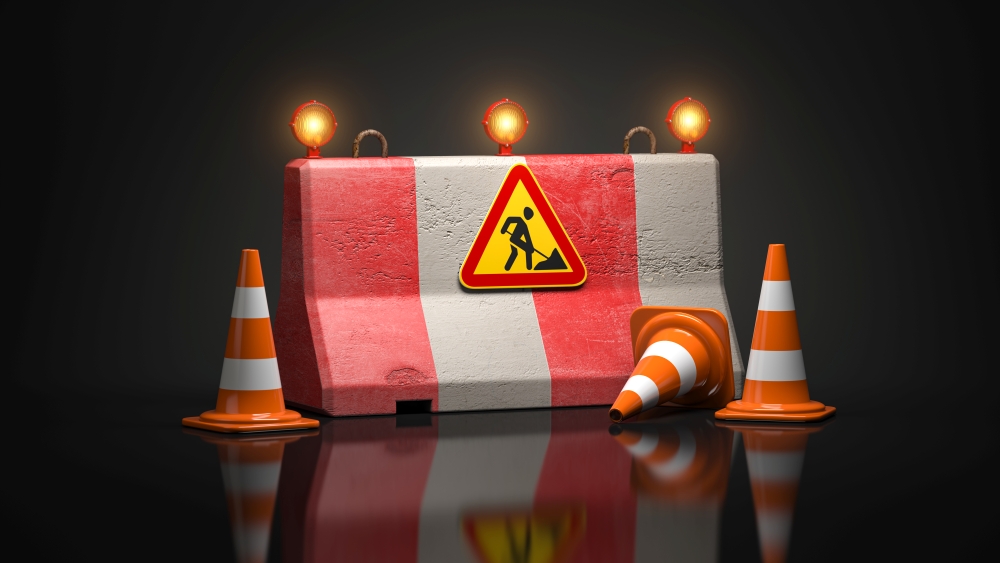WBJ Viewpoint: Bus Industry Remains Stalled without Pandemic Relief Funds
Viewpoint: Bus Industry Remains Stalled Without Pandemic Relief Funds
Washington Business Journal
Peter Pantuso
February 11, 2022
Thousands of small, family-owned businesses could be forced to shut down, and nearly 100,000 jobs will be impacted if Congress doesn’t act now. Motorcoach companies, nearly all of which are small businesses and many are minority-owned, have always supported themselves, never asking for help. However, the circumstances are dire, and these businesses need a lifeline to stay alive. I urge Congress to provide Covid relief money to those in the bus industry who are doing everything they can to keep their family businesses afloat.
As a result of the global pandemic, in December 2020, Congress provided some initial support to the bus industry, but that money covered only a fraction of the losses the industry has endured. The once-thriving $15.3 billion bus industry has shrunk to just $2.6 billion in 2020. Many do not realize that, prior to the pandemic, the bus industry transported nearly 600 million passengers in the U.S. annually. This makes up a significant portion of the nation’s transportation infrastructure, where trains only transport about 32.5 million people and airlines transport about 800 million people domestically. While others in the transportation industry grab the headlines, it’s small businesses in the bus industry that are doing a fair share of the work.
For example, D.C. Trails is a family-owned company that has made difficult choices during the pandemic. An essential partner for the Department of Defense, transporting servicemen and women to and from military bases, D.C. Trails had to significantly downsize the company, so much so that the owner was forced to take to driving buses himself to stay afloat. Faced with the uncertainty about the business and trying to save others jobs, he was and is willing to do whatever it takes to keep the buses running.
It’s not all about big city transportation needs, though. Bus companies also operate in rural states, oftentimes filling a gap in the transportation system and showing up when they’re needed most. Arkansas-based Little Rock Coaches lost a third of its 50 employees as a result of the pandemic. Despite this, the company sent six of its buses to Texas last September, to assist the Federal Emergency Management Agency with emergency recovery efforts in the wake of Hurricane Ida. But without support from Congress, Little Rock Coaches may not be around to aid after the next natural disaster.
In addition to family-owned bus companies, local restaurants, hotels, theaters, museums and other retail operations depend on a healthy motorcoach industry to bring them customers and to continue their business. To avoid losing all these important economic industries, Congress should urgently pass the legislative package that Sens. Ben Cardin, D-Md., and Roger Wicker, R-Miss., are leading, which would deliver roughly $60 billion in grants from the Small Business Administration. With no clear end to the pandemic in sight, those funds would provide a critical lifeline.
Small, family-owned businesses represent the best of American entrepreneurship. These companies might not make the nightly news, but they continue to struggle in the face of the never-ending pandemic. It’s high time for the corridors of power to listen to and provide small businesses, and the bus industry, the support they so desperately need — and deserve.
Peter J. Pantuso is president and CEO of the American Bus Association, based in D.C.
